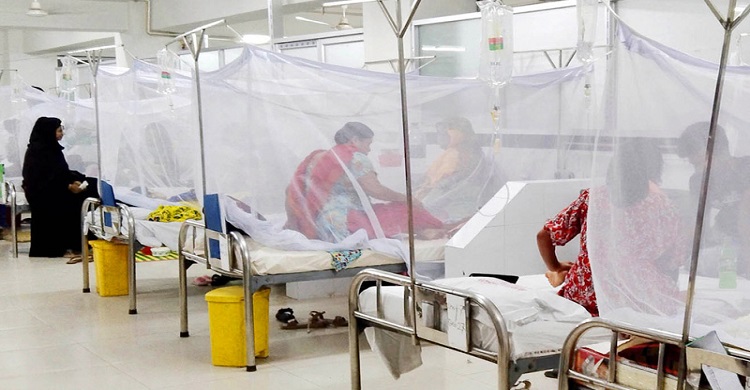
- Health
Vaccines protect against coronavirus as well as reduce infection: research
- Health
- 01 March, 2021 15:27:45
News Desk: Coronavirus has been rampant in the world for more than a year. The only way to survive this deadly virus is to get vaccinated. In order to save mankind from this virus, various organizations around the world have come up with several effective vaccines.
Several vaccines have already been successful. Several vaccination programs have been started in different countries of the world. Pfizer has given good news. A recent hospital study found that the Pfizer vaccine not only protects people from serious illness but also reduces coronavirus infection. In other words, the vaccine is going to prevent the spread of the virus as well as to prevent the spread of the virus.
Similar results were found in a study conducted by the Department of Public Health in England on the Oxford-AstraZeneca vaccine.
Researchers say the results of these studies are "truly good news." However, they insisted on other precautionary measures, saying that these measures were still needed to prevent the virus.
Prevention of coronavirus infection is very important. Vaccines may protect you from getting seriously ill, researchers say, but you can still be infected and the virus can spread through you to others.
That's why everyone needs to be vaccinated to protect themselves from the coronavirus, they said. It is important that the virus is no longer contagious after vaccination. Because it will have a big impact on the epidemic. Experts say that when a person is vaccinated, he or she is indirectly protecting another person from infection.
Staff at Edenbrooks Hospital in Cambridge have regular health checks to see if they have been infected with the coronavirus.
They are being tested even if there are no symptoms. Pfizer vaccinations began at the hospital in early December. The hospital staff was also vaccinated. A month later, it was found that some of those working had been vaccinated and some had not yet been vaccinated.
In mid-January, 18 out of 1,000 unvaccinated workers were found to be infected with the coronavirus.
But only four out of a thousand people who have been given the first dose of the vaccine are found to be positive. The rate of infection has also decreased in those who have been infected but have no symptoms. Because they had no symptoms, they were spreading the virus to others without knowing it.
The results of the study have been published online. However, the details of this have not yet been analyzed by other scientists. Dr. involved in this study. Mike Weeks says it's really good news. People should be happy that getting vaccinated will protect them from coronavirus infection. They should be vaccinated not only to protect themselves but also to prevent others from becoming infected.
However, he also said that vaccination is not the only way to be completely saved. According to him, the vaccine does not completely prevent infection. That's why you have to wash your hands, wear a mask, maintain social distance, get checked regularly. He mentioned that these are equally important.
A study conducted by Public Health England found that one dose of Pfizer vaccine reduced the risk of infection by 60 percent and two doses reduced the risk by 75 percent. On the other hand, the Oxford-AstraZeneca vaccine reduces the risk of infection by at least two-thirds.
Lawrence Young, a teacher at Warwick Medical School, said: "You can't spread the virus without being infected, and these studies have shown that vaccines protect an asymptomatic person from spreading the virus. ' "The rate at which infections have been reduced after taking a single dose of Pfizer is promising," said one researcher. This means that by vaccinating, we will be able to get out of restrictions like lockdown. '

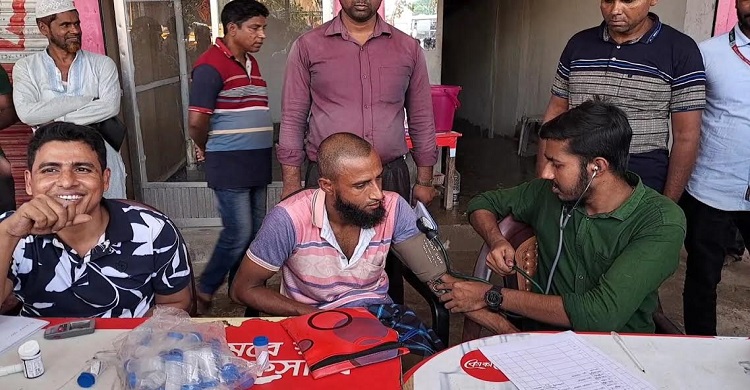

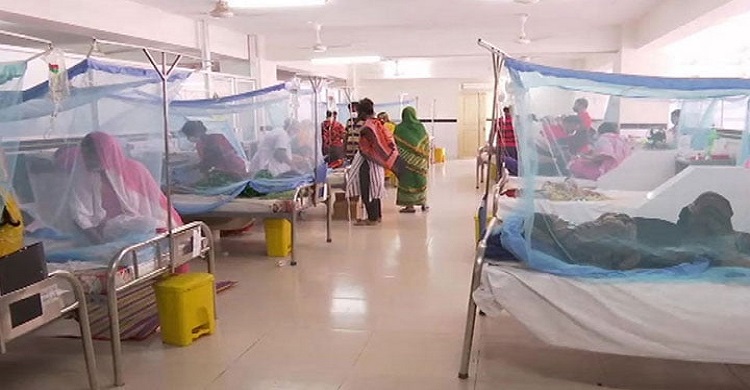
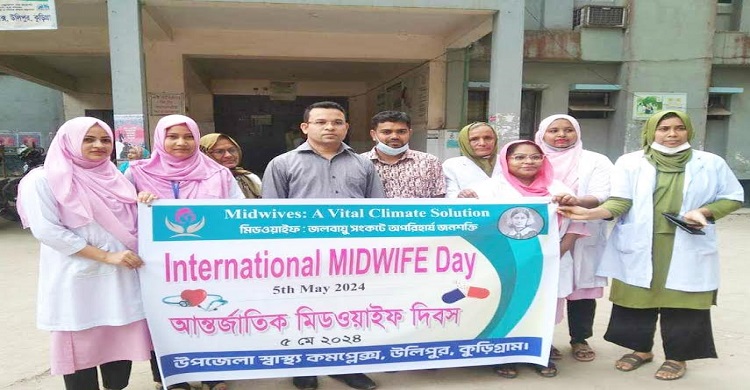

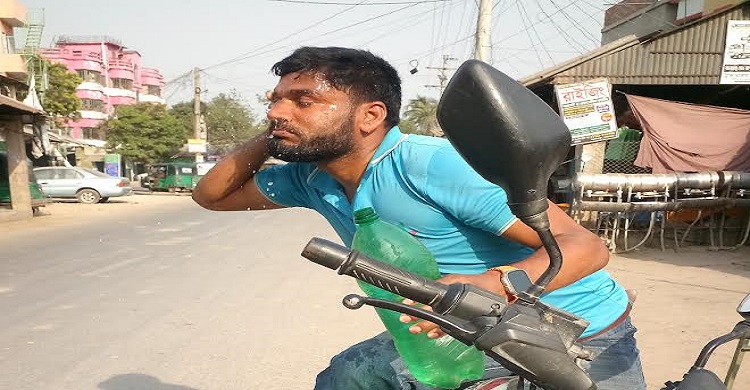
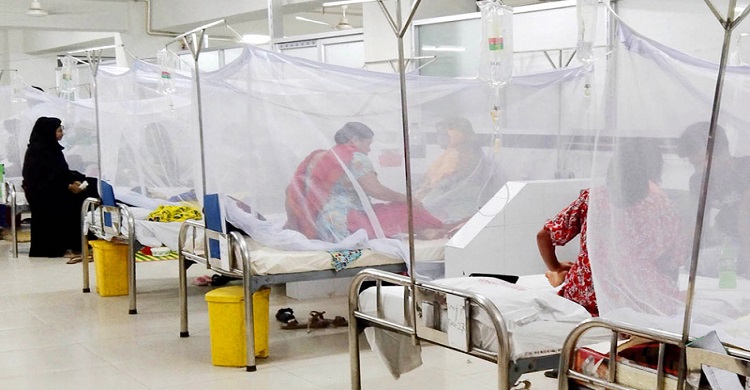
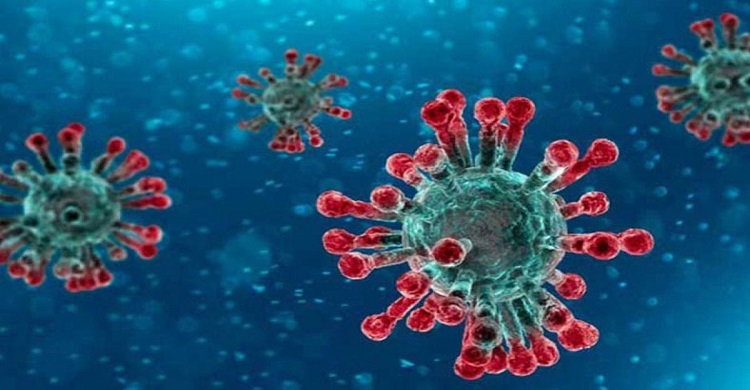

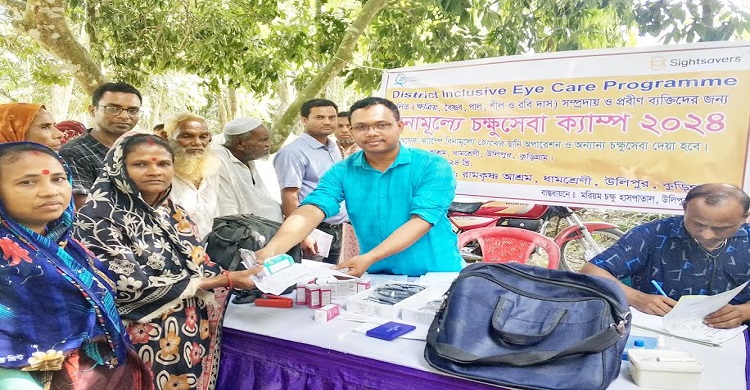
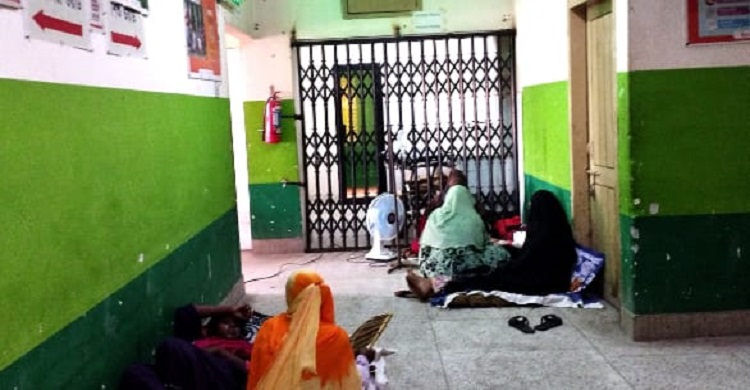
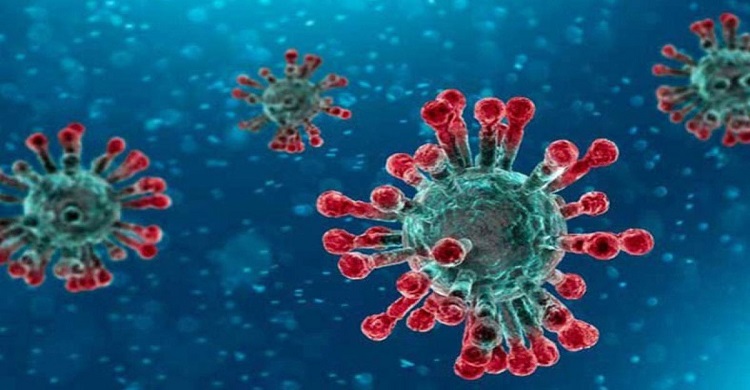
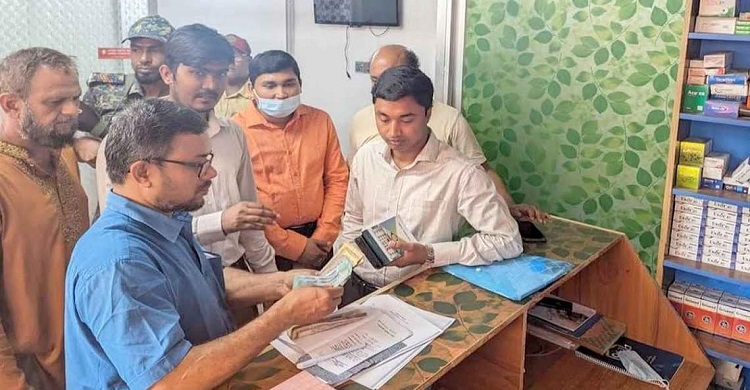
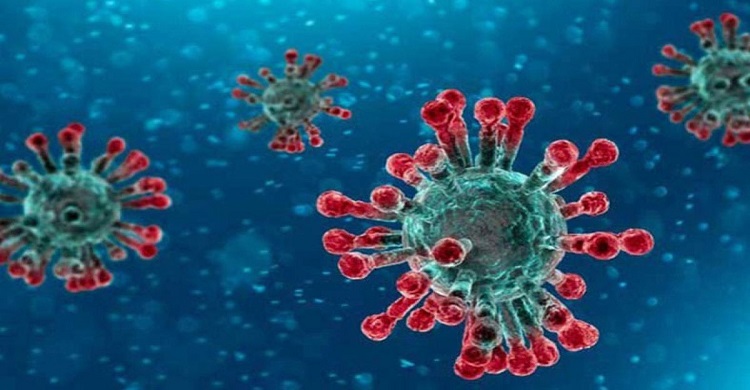
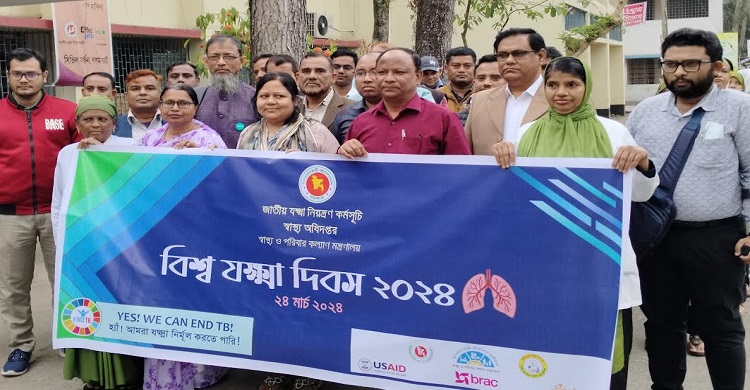
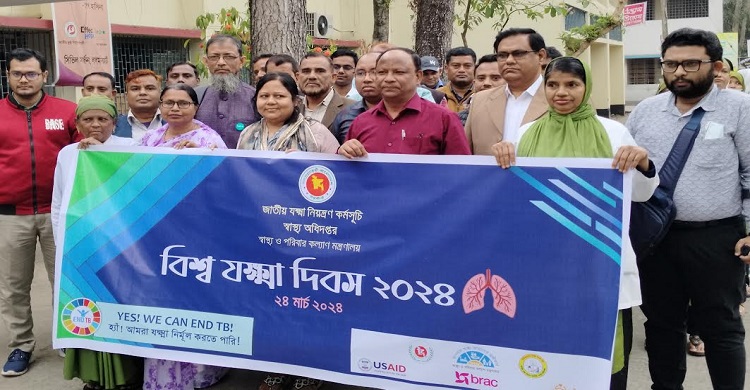
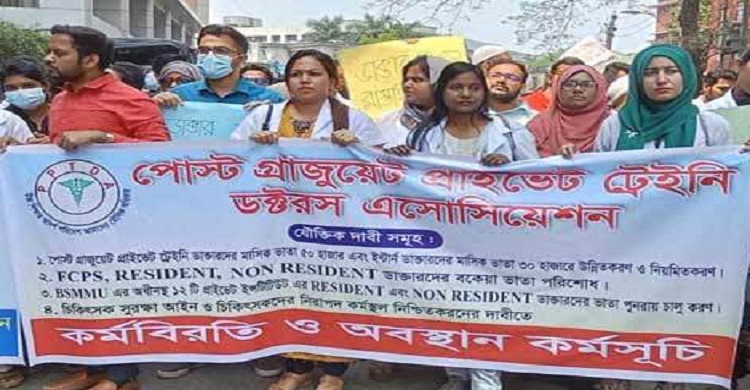
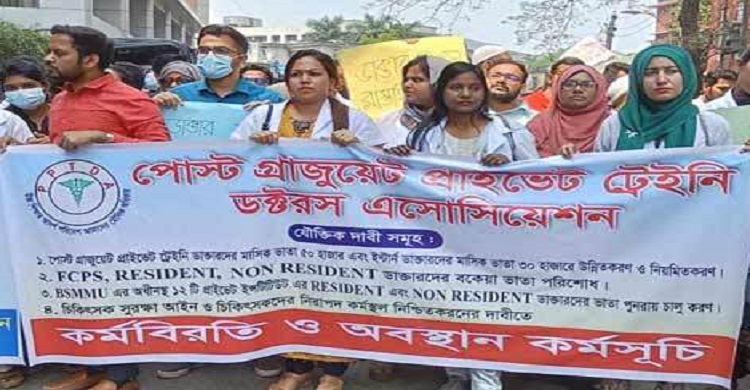
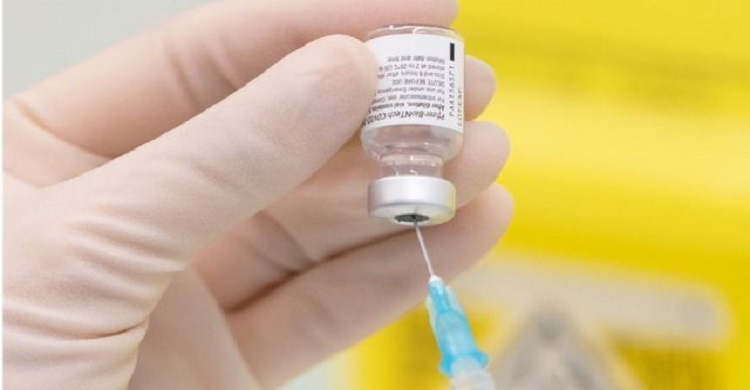








Comment ( 0)